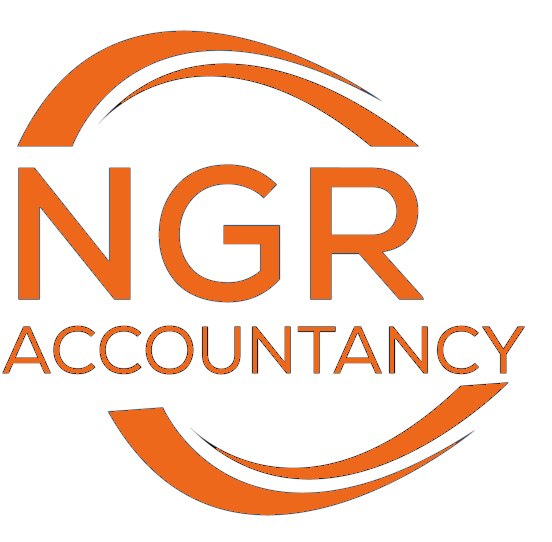Home Offices: What Tax Reductions Can I Get When Self-Employed?

Most self-employed people work from home or make use of their home for running their business, at least when they first start out. There are tax benefits that can be claimed for doing this and it is important to understand the rules to make sure you claim what you are entitled to.
There is a lot that can go into it, so if any of the below doesn’t make sense – please get in touch and lets see what we can do together.
How to calculate the use of home as office tax deduction.
There are two ways you can calculate the level of tax deduction you are entitled to.
The first way is the simplified business expenses. This is a flat rate allowance calculated by HMRC depending on the number of hours you spend working from home each month.
The simplified business expenses method is exactly what it says, simple. However, the tax deduction itself is quite small
The other method that can be used is the actual costs method. This method involves calculating your home’s running costs, such as rent (or mortgage interest), Council tax, Insurance electricity and gas, telephone and most other household bills. You then need to calculate the proportion of these costs that are applicable to the business
The actual costs method is more difficult to use, but it can very often result in a larger deduction for tax. It could be worth calculating the deduction using both methods and seeing which is most beneficial.
When can I use simplified expenses?
There are certain criteria you need to fill if you wish to claim the simplified expenses.
- You need to be either a sole trader or a partner in a partnership (all partners have to be individuals)
- You need to work from home for over 25 hours per month
- You can’t be VAT registered
- How do I Calculate simplified expenses?
Once you have decided you meet all the criteria you can look at how many hours you worked from home each month and use the table below that is taken from HMRC.
HMRC’s rates at the time of writing:
Hours of business use per month Flat rate per month
- 25 to 50 £10
- 51 to 100 £18
- 101 and more £26
Example:
For the quiet part of the year you worked from home 40 hours a month for 6 months and then in the busy season you work for 120 hours a month.
This give you the following deductions
- 6 * £26 = £156 (6 months at 120 hours per month)
- 6 * £10 = £60 (6 months at 40 hours per month)
- Total deduction of £216 for the year
Using the actual home office costs method
Unhelpfully, HMRC don’t have a prescribed method for this. The only guidance the give is to say you have to divide household costs between business and private use in a way that is “reasonable”.
So although you can calculate it in any number of ways the most common way is to split the total expenses by the number of rooms in your home and apply this to the number of rooms you use for your business. This should then be split by the amount the rooms are used for business or other uses.
An common example of this is if you have five rooms in you home, three bedrooms, a living room and a dining room (it is normal to exclude kitchen and bathrooms from the calculation as they are not considered a “normal living space”) and you use one of the rooms as an office from Monday to Friday and it is a guest bedroom for the weekend you would use the following calculation. (it is normally better to use the room for personal use for some of the time as if part of your home is classed as a business space it could become liable to capital gains tax)
Total costs * 1/5 (one room out of five in total)
Answer * 5/7 (used for five days out of seven as office)
= Total percentage of costs allowable
When using this method it is important to keep good records of your expenses, this will help ensure you maximise your deductions, it will also make it easier for you to calculate the deduction.
Expenses that can be included in the deduction
The costs that you can include in the deduction are:
- Rent
- The interest on your mortgage (you can’t deduct part of the capital repayments)
- Council Tax
- Insurance
- Repairs and maintenance
- Heating, lighting and electricity
- Water and sewerage
- Phone and broadband
- Cleaning
Other business costs for running a business from home
There are other costs associated with having a home office and running a business from home such as furniture and computer equipment. You can claim the cost of all of these, however, they are not included as part of your use of home as office calculation and are claimed separately. Normally you will get 100% of the value of these costs as long as they are “wholly and exclusively” for business use.
